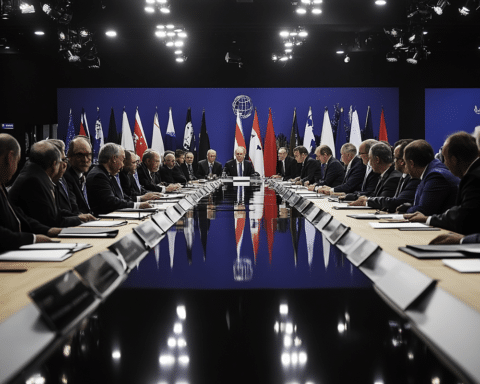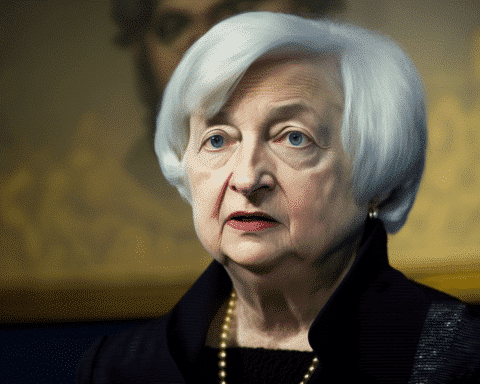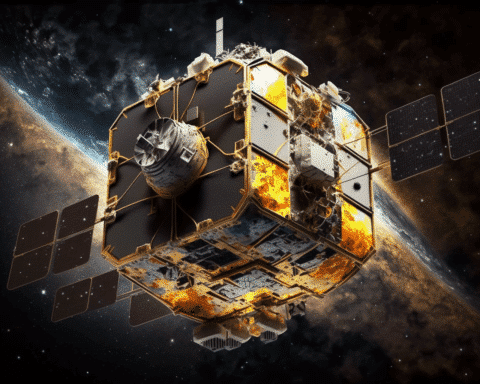In recent events that have stirred both intrigue and controversy on the European stage, French President Emmanuel Macron has unexpectedly broached the prospect of Western military involvement in Ukraine. This notion, emerging from Macron’s comments at a news conference following a meeting with 20 European heads of state and other Western officials in Paris, has left the European community grappling with its implications and the broader international community on alert.
At the heart of Macron’s remarks was the suggestion that the deployment of Western troops to Ukraine, while not currently endorsed in an official capacity, remains a possibility that “nothing can be ruled out.” This statement has sparked a wave of reactions from allies and adversaries alike, with immediate clarifications sought by French officials aiming to mitigate the backlash and reiterate France’s stance against Russia’s aggression in Ukraine. Macron emphasized the evolving perspective of European leaders towards the conflict, noting a shift from offering non-lethal aid to recognizing the urgent need for more substantial military support.
However, Macron’s comments did not go unchallenged. Leaders from Germany, Poland, and NATO Secretary-General Jens Stoltenberg were quick to distance themselves, reiterating that there are no plans for NATO combat troops on Ukrainian soil. The clarification from French Defense Minister Sébastien Lecornu focused on non-combat roles such as de-mining and military training operations, highlighting the nuanced approach France envisions.
Macron’s evolving stance on Russia, from maintaining open lines of communication with President Putin to adopting a more assertive public posture, underscores the complex dynamics at play. His efforts to balance diplomatic engagement with a firm response to Russian aggression reflect the challenges facing European leaders in addressing the multifaceted threats posed by the Kremlin, from military confrontations to disinformation campaigns.
The broader implications of Macron’s proposition extend beyond the immediate military strategic considerations. With concerns over waning U.S. support for Ukraine and the unpredictable nature of American politics, Macron’s call for European autonomy in security matters underscores a critical juncture for the continent. His warning against delegating Europe’s future to external actors resonates with a growing sentiment for a unified and robust European stance on global affairs.
President Macron’s foray into discussing Western military involvement in Ukraine may have stirred controversy. Still, it highlighted the urgent need for a coherent and unified European response to the ongoing crisis. While the path forward remains fraught with challenges and uncertainties, Macron’s remarks catalyze a deeper reflection on Europe’s role and responsibilities on the international stage. The ultimate goal remains clear as the continent navigates these turbulent waters: a peaceful resolution ensuring all nations’ security and sovereignty.




